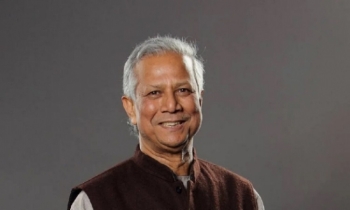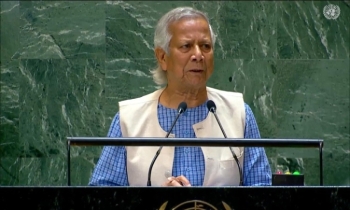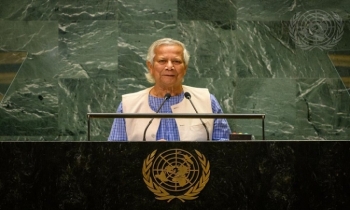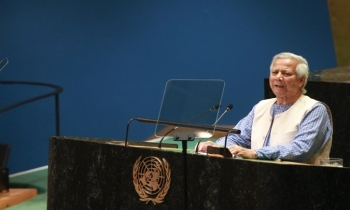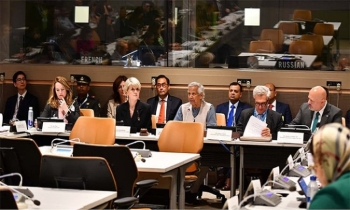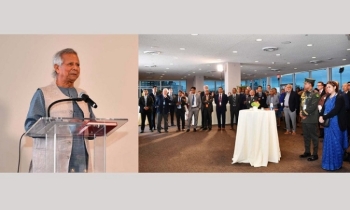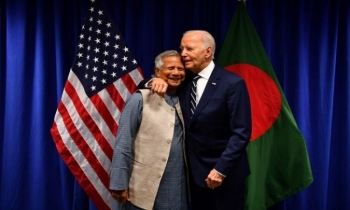Continued reformation of labour laws, rights essential on way to LDC graduation: CPD
BI Report || BusinessInsider
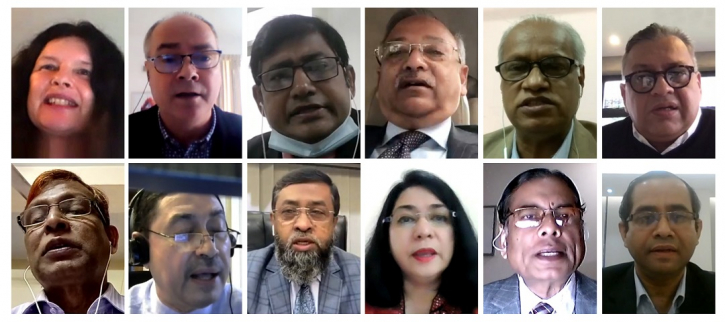
Photo: Courtesy
Continued reformation of labour laws and rights is essential for Bangladesh to gain market access through the GSP+ scheme, said speakers.
Becoming eligible for the European Union’s (EU) GSP+ scheme is one way to ensure that the exports from Bangladesh to the EU destination do not suffer a major setback in the post-graduation period, they added.
The speakers came up with the remarks at a virtual dialogue on “EU’s Everything But Arms (EBA) and Prospect of GSP+ for Bangladesh: Addressing challenges related to Labour Laws and Rights,” organised by the Centre for Policy Dialogue (CPD) on Wednesday. The study has been jointly undertaken by CPD and Network Matters.
Dr Fahmida Khatun, executive director of CPD, stated in her introductory remarks that the study reviewed the scope of legal reforms in the monitoring and application of relevant criteria for GSP+ benefits in Bangladesh and to meet all the requirements of GSP+ related to labour standards.
In the keynote presentation, Dr Khondaker Golam Moazzem, research director of CPD, said the European Union's GSP facility provides a business structure that businesses and governments must ensure sustainable development, in addition to protecting and promoting human rights and labour rights.
There are many opportunities to work with the Labour Act to get GSP+ benefit after graduating from LDC category. In this case, he thinks there is an opportunity to improve the labour laws and rights and undertake necessary reforms, including child labour, trade union laws, and alternative dispute resolution.
Rensje Teerink, ambassador of the European Union Delegation to Bangladesh, and Tuomo Poutiainen, country director of ILO, also joined the virtual dialogue as guests of honour.
According to the EU Ambassador, Bangladesh needs to re-brand itself as a safe and labour-respectful country. This will not only ensure GSP+ benefits for the country but also help in the overall development of the workers.
Poutiainen, on the other hand, focused on increasing institutional capacity and he felt the need to continue dialogues on labour law and rights.
Referring to the prevalence of the informal sector in the country, Kamran T Rahman, president of the Bangladesh Employers’ Federation (BEF), said that implementation of labour laws in informal sector is the biggest challenge.
Md Bellal Hossain Sheikh, director of the Department of Labour, informed everyone present in the dialogue that data related to trade unions and dispute resolution will be available soon.
The dialogue was moderated by Professor Mustafizur Rahman, Distinguished Fellow, CPD and he talked about the importance of ensuring labour laws and rights through social dialogue with all concerned stakeholders. He also noted that structural weaknesses and administrative challenges need special attention.
After the introduction of the EBA initiative in 2001, under the GSP scheme, Bangladesh automatically qualified due to its LDC status. From 2016 to 2018, the utilisation rate of EBA for Bangladesh has increased from 95.7% to 96.8%.
Bangladesh is expected to graduate to a developing country by 2024.


